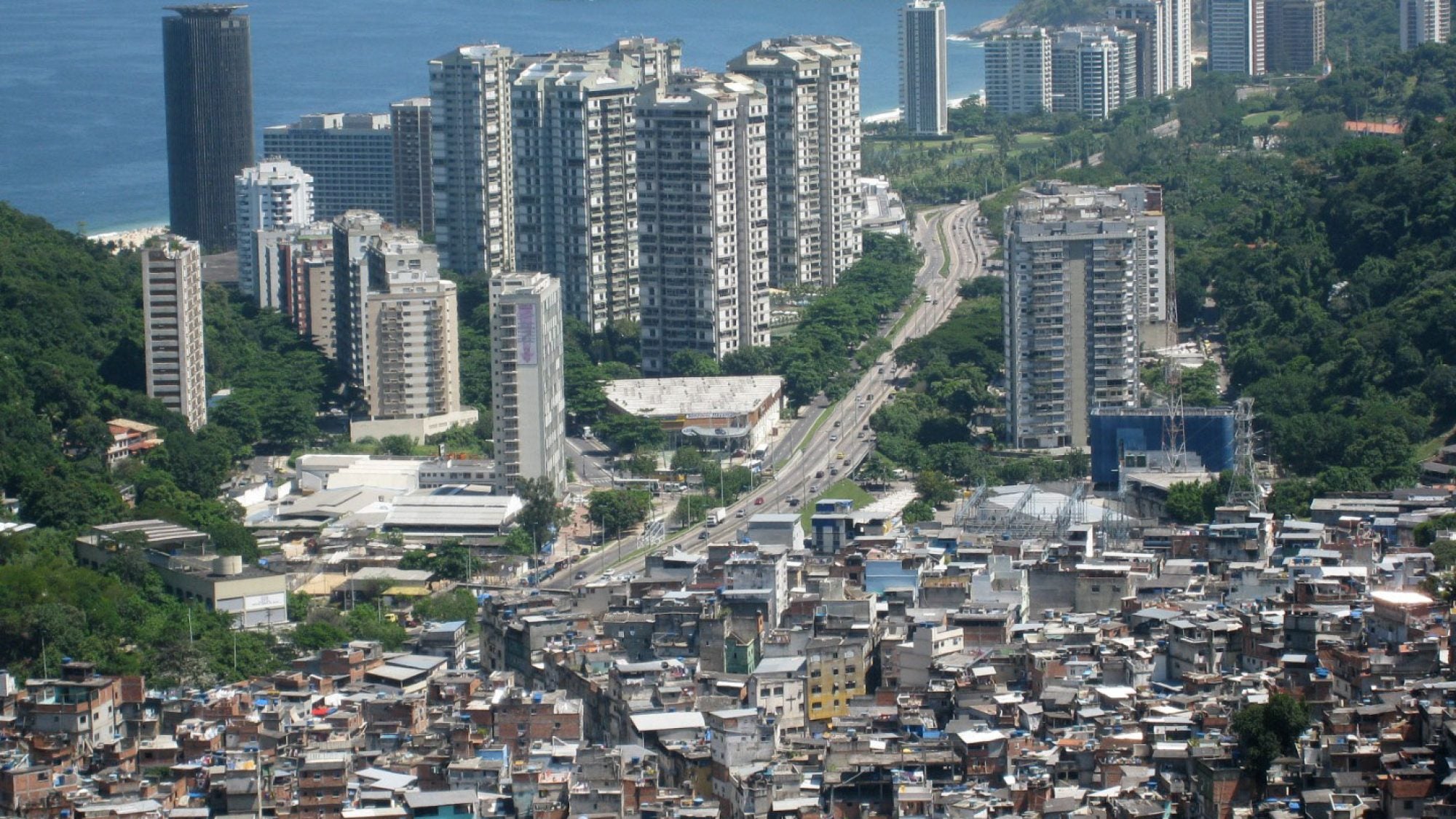Inequality in Latin America and the Caribbean
Inequality is one of the most serious and persistent challenges in Latin America and the Caribbean, with the social and health crises caused by the COVID-19 pandemic undoing an estimated 27 years of progress towards equality. This year, the Economic Commission for Latin America and the Caribbean presented a 2021 analysis revealing that 201 million people in the region live in poverty, with 86 million – 13.8% of the population – living in extreme poverty. How effective are government tools at addressing this issue?
Join us for a conversation with Nora Lustig on the impact of fiscal policy on inequality and poverty. Lustig leads the Commitment to Equity Institute (CEQ) at Tulane University, which leads research on theoretical models and practical methods to determine how taxation and public spending can be used to eliminate poverty. The institute also provides step-by-step guides for policymakers, government officials, and other key leaders to assess the effectiveness of current fiscal policies.
Lustig will discuss her work with CEQ, as well as her perspectives on how to reduce inequality through comprehensive and rigorous tax and benefit incidence analysis and active engagement with the policy community.
Accommodation requests related to a disability should be made by September 12 to Kate Blansett. A good faith effort will be made to fulfill requests made after September 12.
